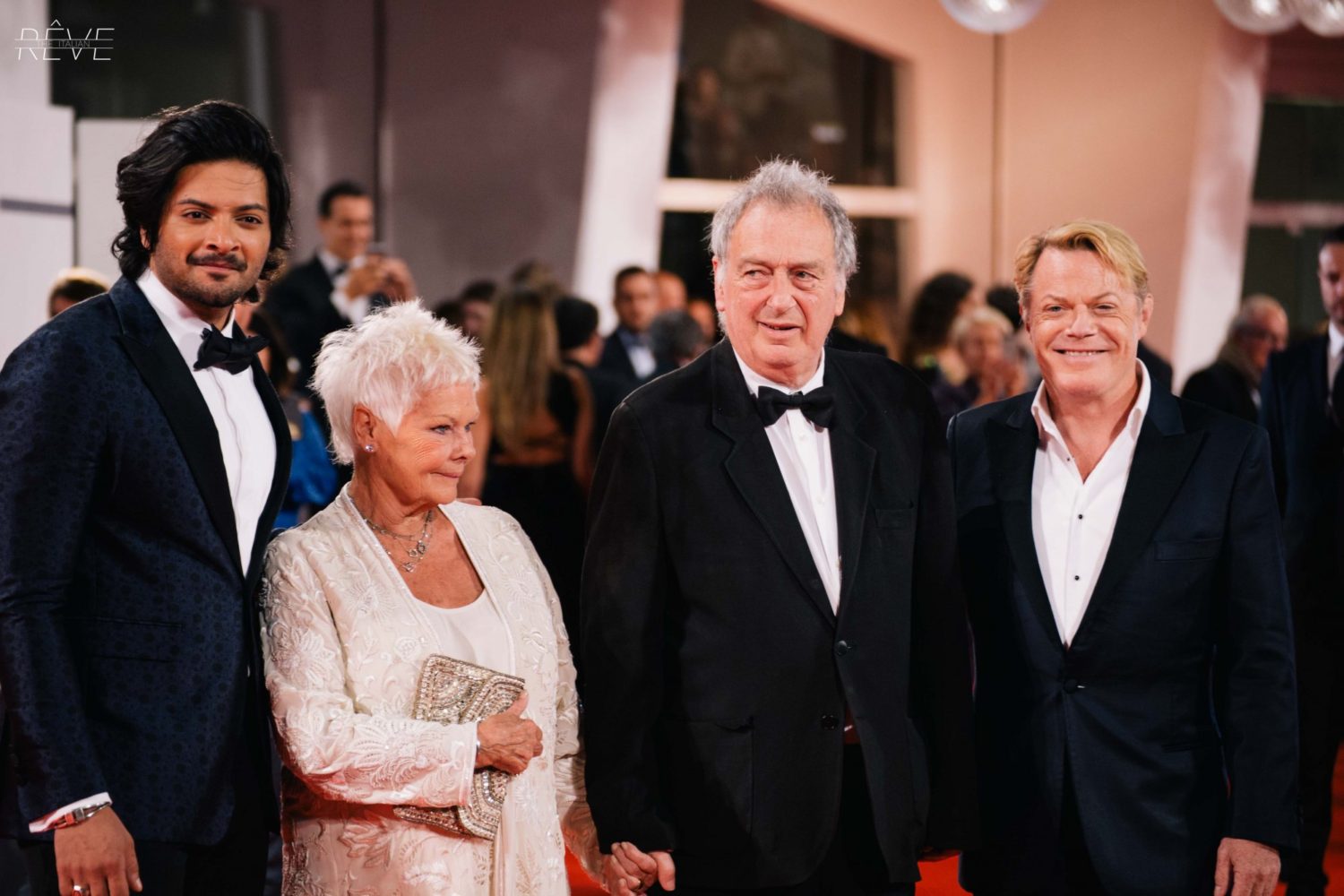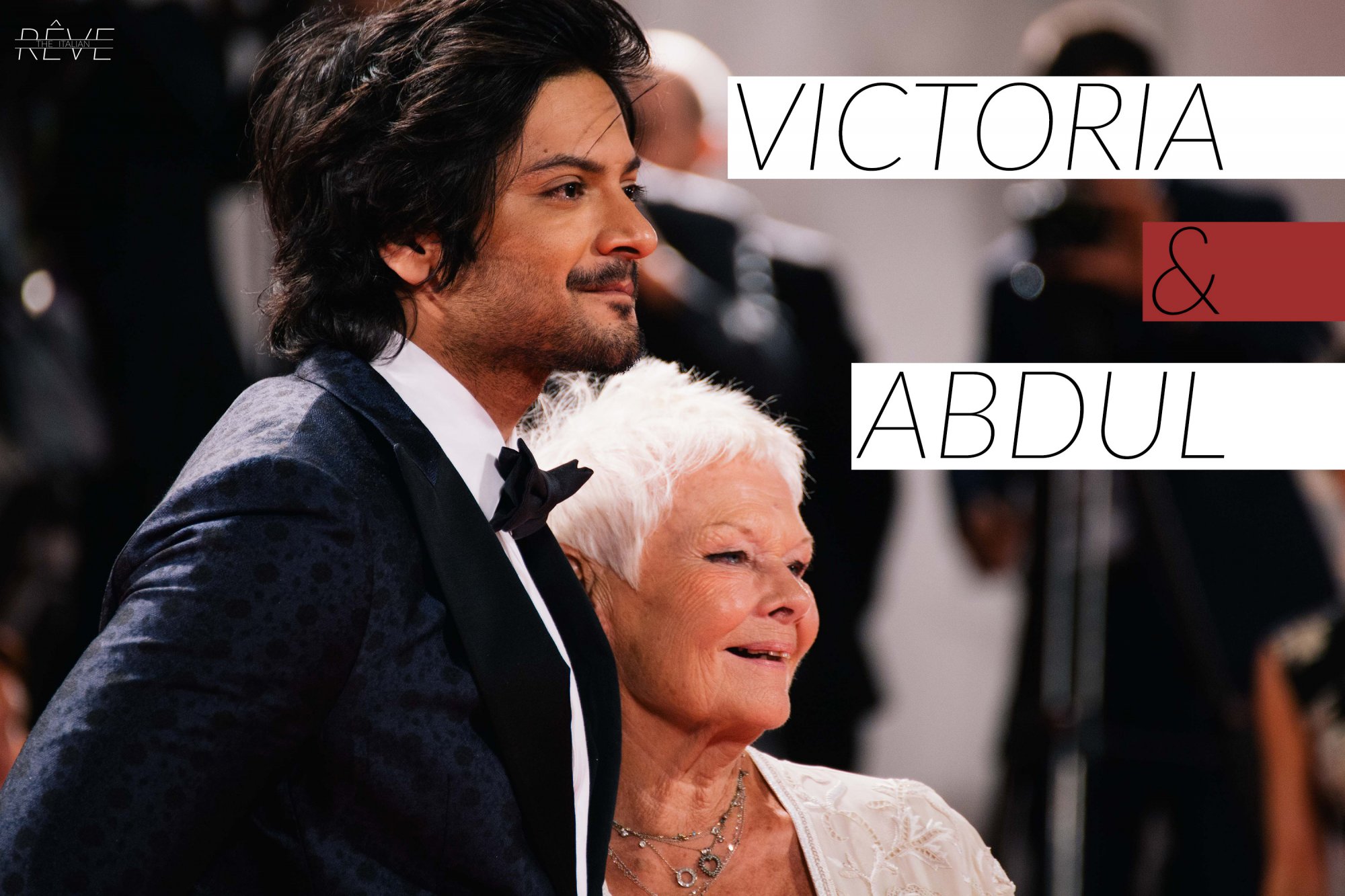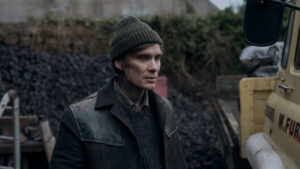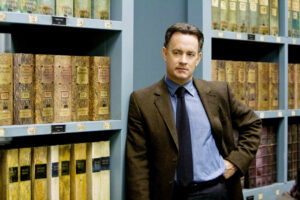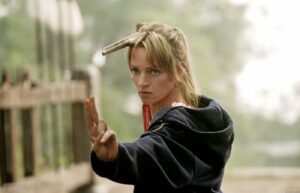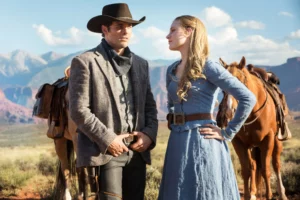Victoria & Abdul is a biographical drama with a touch of comedy.
It follows the well-known Queen of the United Kingdom of Great Britain and Ireland and Empress of India and Abdul Karim, her Munshi, her teacher and spiritual counsellor, a man that had no name until recently.

Queen Victoria has been, and still is, a beloved and giant figure in British History.
Her reign covered the whole second half of the 19th Century, unravelling through the Industrial Revolution and many social changes, such as the ending of slavery in the British Colonies. It’s easy to elevate her noble, strong spirit. It’s easy to show her as a seventeen years old Alexandrina, half Saxon, half British, sleeping in her mother’s bed. It’s even easier to picture her while she immediately falls in love with that tall, intelligent, fervent cousin she thought she despised.
Yet, this bittersweet comedy takes place in 1887, the year of her Golden Jubilee and the sundown of her reign.
Both Victoria’s great loves are gone, first her husband and Prince Consort Albert and then her close friend John Brown: that particular moment is a hard one for her long monarchy. What Stephen Frears has to picture in Victoria & Abdul is an old, grieving queen in her darkest hour.
A lady whose reputation is mined and a kingdom where the republican spirit is high, while the colonies are boiling like human swamps of grumbling disappointment.

It’s hard, in England, to point out the Great Victoria like a tired human being.
Queen Victoria (Judi Dench) is trying to rock herself to death, celebration after celebration, and yet she’s clinging to life with furious strength. Still, such is the mastery of Frears, so great is the talent of Dench, that in Victoria & Abdul the figure of Her Majesty comes out human, debunked and uninterested in everything she loved once, but regal.
What brings her back to life, rekindling the flame under her crystal clear eyes, is a Hindu servant. The man, Abdul Karim (played by Ali Fazal), has been hastily shipped from Agra to bring a precious coin, called Mohur, during a royal ceremony in Windsor Palace. He’s the lowest of attendants and, however, it’s immediately clear that Abdul is something else; he’s smart, quick on his feet as he is with his words, and handsome.
Victoria, as History teaches, was never blind to man’s charme.

Judi Dench is an extremely talented actress and she’s not new to the role: in 1997 she played Queen Victoria in “Mrs Brown”. The movie (also produced by BBC) explored the unique and, indeed, scandalous relationship between the Queen and the Scottish Mr Brown (Billy Connolly), who was a friend and personal attendant of Prince Albert.
So, it’s not the first time Dench plays with great success a controverted Queen Victoria, involved in a relationship below her rank.

In Victoria & Abdul, though, the nuances are far more tender, sweeter and delicate than Mrs Brown. The nature of the relationship with Abdul is suspiciously blurred, feared by the Court that’s aware of the livelihood and inclinations of the old lady, but passion is overcome by mutual respect, affection and a motherly love in its purest, higher form.
The director touch is soft, the camera almost a hidden, indiscreet eye over the Queen and her new friend. The movie indulges in beautiful views of the English Country -from the beautiful lake to the rainy castles and Heather fields of Scotland- while London and its residences are barely shown.
Victoria’s life is sketched inside the walls of her palace, following the path of royal visits and ceremonies, and everything is repetitive and dark. Even waking up and getting dressed is long and painful, scheduled by an old etiquette that still grants too many privileges to be dropped. Her last days unroll in front of the whole household, in front of a son that longs for his turn on the throne. Things change, of course, when Abdul reaches her side.
In the scenes when the two friends are together the light seems brighter and the colours more lively.

The nobles and court personnel, even Victoria’s own firstborn and heir Bertie (Eddie Izzard), successively Edward VII, are a funny representation of the ancien regime, of rules that forbid links between higher and lower status as well as white and coloured people. They steal smiles and laughter with their scheming, but they’re also a mirror of a sick way of looking down on different cultures and people.
A racism that might not surprise coming from 19th Century characters, but that is been contrasted with natural strength by a Queen without prejudices, interested only in knowledge and friendship.
Ali Fazal portrays a convincing and charming Abdul Karim, loyal and in love with life, with goodness, while Judi Dench is movingly good; she has so many shades, so many different feelings. Abdul touches each and everyone of them, with the strength of a hurricane and bringing with him an unknown knowledge that, if normal to a Hindu, seems strange and precious to the Queen of England.
That’s this infatuation with the Muslim culture, the willingness of the Queen to learn from this Munshi, a man of colour without past, without any title, that worries the Royal Household.

Surely it’s a good moment for a movie like this, following the great successes of “Victoria” (ITV, with Jenna Coleman as Queen Victoria), “The Crown” (Netflix, by Peter Morgan and with Claire Foy as Queen Elizabeth II) and all the number of documentaries for the Queen’s Silver Jubilee.
In some ways, the English Queens have been the protagonist of this cinematographic year.
And now Victoria & Abdul has been presented at the 74th Venice International Film Festival, seven years after the discovery of Abdul Karim’s private journals. One might say that, finally, their sweet story, a story of friendship and mutual respect, will stop being shadowed by prejudices, obscurantism and be free to move the generations to come.
